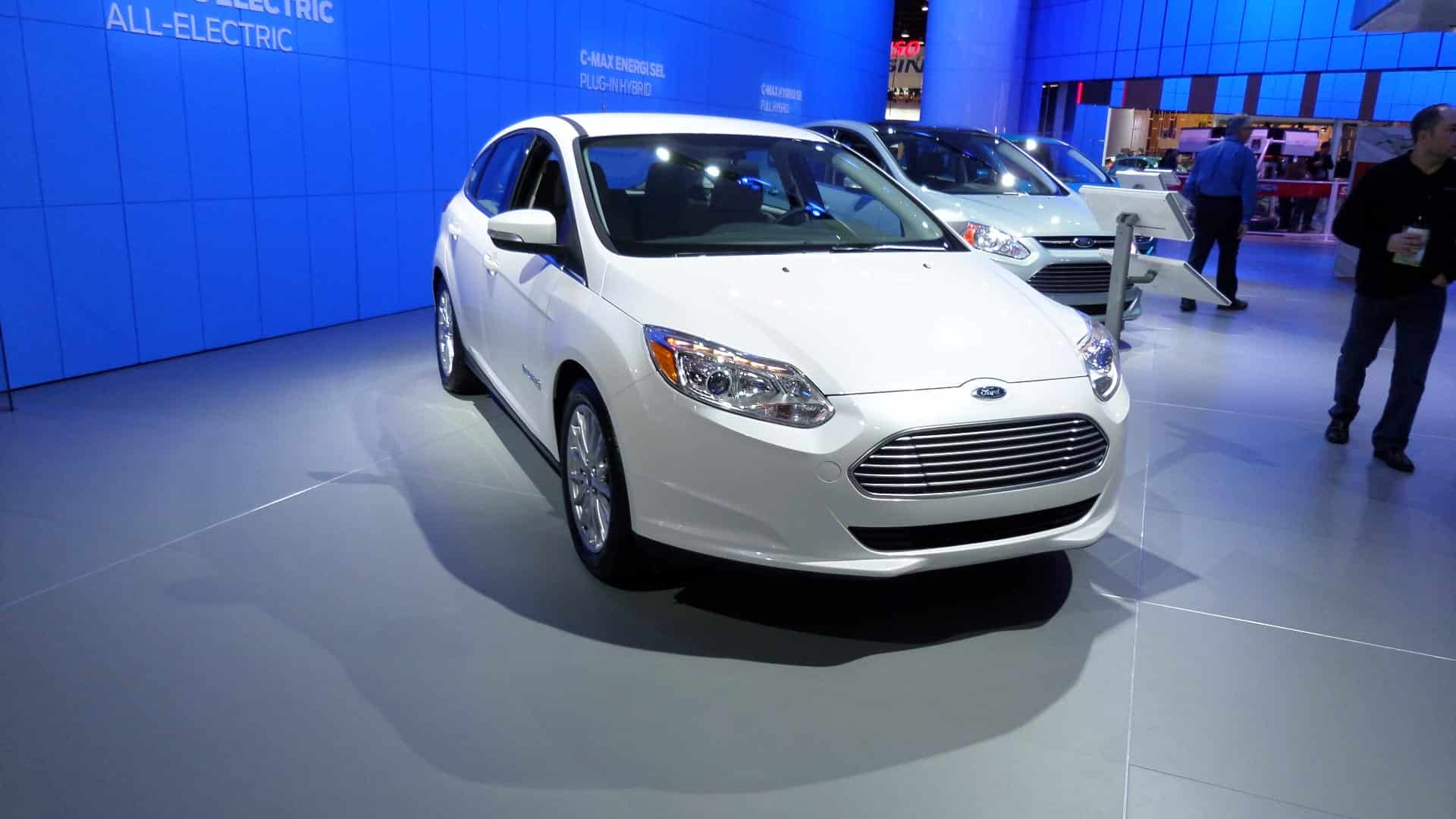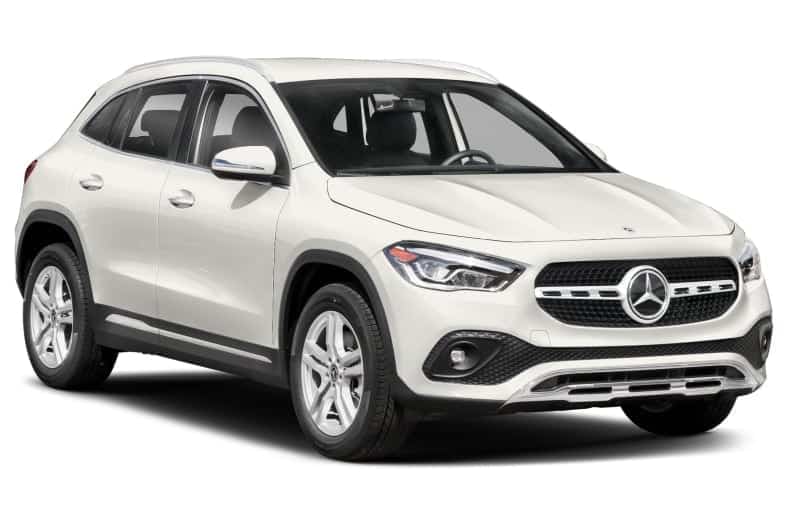California’s governor Gavin Newson signed an executive order to ban the sale of gasoline-powered cars in California by 2035. More specifically, 100% of light duty car sales are to be zero emissions vehicles by 2035, and 100% of medium and heavy duty vehicles are to be zero emissions by 2045.
This refers to in-state sales. The assertive move was applauded by some, and loathed by others. California has historically been a pioneer of environmentally conscious policies that impact the globe.
While, California is a large producer of oil and gas, and a major contribution to pollution — they have also set targets to clean up power plants, which is the second piece of the puzzle. Electric vehicles are only as clean as their power source, although they are significantly more fuel efficient and produce fewer emissions per mile than gasoline-powered vehicles.
This is because the overall energy requirements of electric vehicles is lower than that of gasoline-powered cars. Note that energy in this case does not refer specifically to electricity, but to any energy source used to propel a vehicle. Electric motors easily achieve 3-4 times the efficiency of gasoline engines. To summarize — the gasoline equivalent of the power an electric car consumes is less than the amount of gasoline a gas-powered car would consume to drive the same distance.







